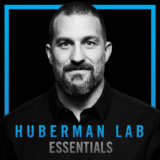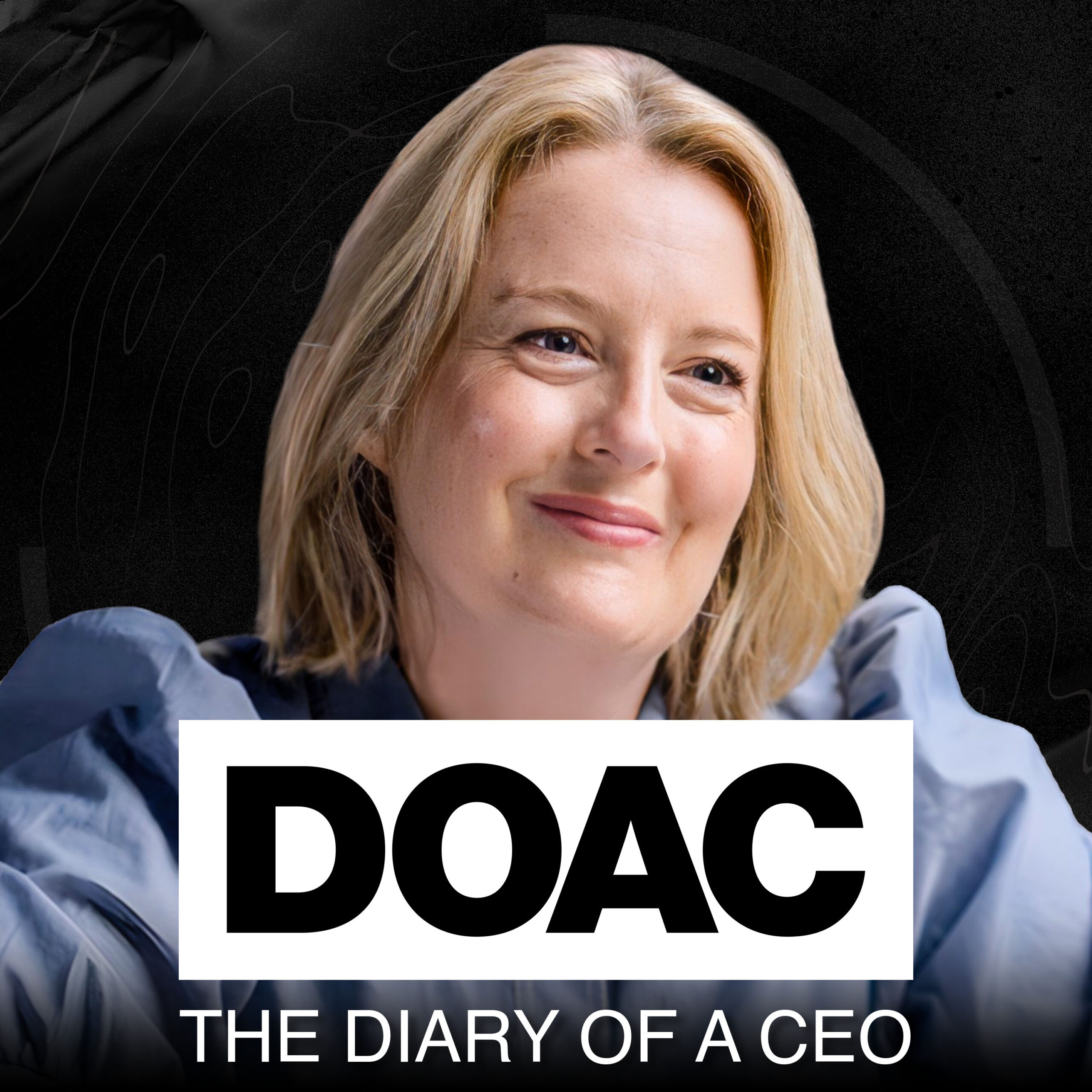.lightweight-accordion { border: 1px solid #ccc; border-radius: 4px; margin: 10px 0; } .icon-container { display: flex; ...
.lightweight-accordion { border: 1px solid #ccc; border-radius: 4px; margin: 10px 0; } .icon-container { display: flex; ...
In this Moments episode, Dr. Chris Van Tulleken (the Junk Food Doctor) delves into the complexities of foods labelled as “healthy.” He explores how ...
The summer months have a different flavour and feel to the other months of the year; there’s something different about our energy, motivation and willpower. ...
.lightweight-accordion { border: 1px solid #ccc; border-radius: 4px; margin: 10px 0; } .icon-container { display: flex; ...
中文 Tiếng Việt .lightweight-accordion { ...
Robert Greene, an author who writes about strategy, power, and seduction, joins Scott to discuss how to build power, the roles we all play in daily life, and ...
World Renowned Fatherhood Expert Dr Anna Machin reveals the #1 lie about monogamy, how cheating hijacks human brains, and the evolutionary truth behind love, ...
Megan O’Connor is the co-founder and CEO of Nth Cycle. Megan’s problem is this: How do you create a new system that can both refine the raw metals ...
There’s an economic fantasy you sometimes hear in D.C. It often gets trotted out when politicians are trying to add billions or trillions to the national ...
Tomás Puig, founder and CEO of Alembic, joins the NVIDIA AI Podcast to discuss the intersection of AI, data, and marketing. He shares how Alembic uses advanced ...
.lightweight-accordion { border: 1px solid #ccc; border-radius: 4px; margin: 10px 0; } .icon-container { display: flex; ...
- « Previous Page
- 1
- …
- 48
- 49
- 50
- 51
- 52
- …
- 576
- Next Page »







